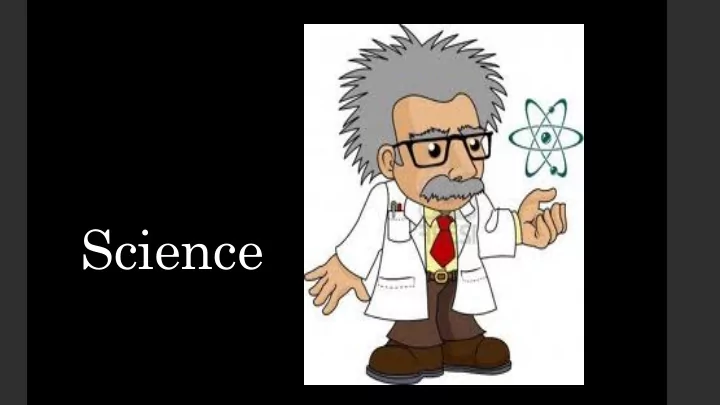

Science
Arizona Department of Education Exceptional Student Services Janet Fukuda, MEd Assistive Technology Specialist janet.fukuda@azed.gov (520) 628-6665 Mitch Galbraith, MS, OTR/L Assistive Technology Specialist mitch.galbraith@azed.gov (602) 542-4016
disclaimer The Arizona Department of Education/Exceptional Student Services (ADE/ESS) does not prescribe, endorse, or provide advertising space for textbooks, software, devices, or curriculum materials. The ADE/ESS does not evaluate textbooks, software, devices, or curriculum materials for compliance with meeting the state minimum curriculum standards and does not recommend any specific textbooks, software, devices, or curriculum materials. Each public education agency (PEA) is responsible to select curriculum materials that will meet the minimum state curriculum standards. PEAs may also establish their own policies for textbook, software, and curriculum materials’ selection and adoption. The ESS−Assistive Technology (AT) team does frequently review software, devices, and curriculum support items to determine if they may be used to assist students with disabilities in accessing and benefiting from the general education curriculum. These supports may be considered assistive technology, as defined in the Individuals with Disabilities Education Act (IDEA). The ESS−AT team may procure, demonstrate, and provide training on a wide range of assistive technology items and may compare and contrast the features of these items, but the team is precluded from making any recommendations for one product over another.
National Science Education Standards
P rinciple 1: Learning is enhanced when teachers recognize and teach to diverse learning styles and strengths
Principle 2: Content learning is supported by explicit instruction in skills and strategies.
Principle 3: Learning is facilitated when instruction and assessment are clearly organized.
Principle 4: Learning is maximized when instruction and assessment are based on explicit objectives.
Principle 5: Learning is improved when teachers provide consistent feedback.
Principle 6: Learning is sustained when students develop self-knowledge.
What caught your attention?
Accessible Educational Materials
Tactile Graphics NASA PIAF
Maginifying software
QR Codes
Digital Text
Prizmo- IOS & Text Fairy-Android
SnapType – IOS / ANDROID
Epic books Click to add text www.getepic.com
Tools and strategies
From a seed to a plant Kinder Strand 4: Life Science Concept : Life Cycles- Life Cycle of a plant (Seed to a Plant)
Accessible lab set-up • Universal Design Versus Accommodations • Physical Environments • Lab Staff • Information Resources • Equipment
Plastic Lab Equipment • Gr. 1 Strand 5: Physical Science Concept 1: Properties of objects and materials- Lab Experiment- liquids
Adaptive Tools
Large Magnets
Zoomy HS Strand 4: Life Science Concept 1: The Cell-Cells (Identify the parts of a cell)
Big, BIG, BIGGER
Real Bugs Discovery Kit
Life Cycle Stages
Skeleton – Foam floor puzzle Gr. 5 Strand 4: Life Science Concept 1: Structure and Function in Living Systems-Skeletal System/Body (Identify the bones of the body)
Periodic Table www.perkinselearning.org
• Tactile Solar System Planets/Solar System Gr. 5 Strand 6: Earth and Space Science Concept 3: Earth in the Solar System-
3D Printing ww.selva3d.com
3D Pen
Wiki Stix
Froguts-Virtual Dissection www.froguts.com
Modified Curriculum
Where are you confident? Where is work most needed?
•Are the tools •What are the •What activities •What specific being considered studenfs current take place in the tasks occur in the on a continuum environI ment? environI ment? abilities? from no/low to high-tech? •What are the •What activities do •What activities is •Are the tools studenfs specia1 other students do the student student centered needs? that this student expected to do? and task oriented cannot currently and reflect the student1s current •What are the participate in? •What does needs? functional areas of success look like? concern? •What assistive •What are the technology does training requirements for the student have the student,. family access to or and staff? currently use?
Wati decision making guide
Sharing
What questions did this raise for you? What insights are beginning to emerge?
Recommend
More recommend